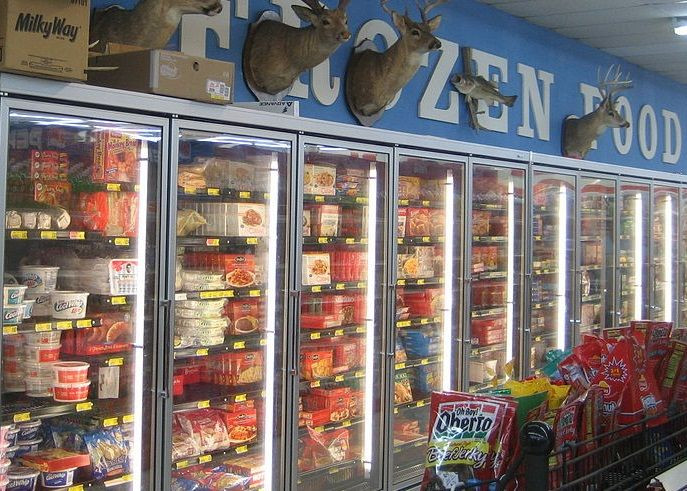E. Coli Outbreak: Can Microwaving Frozen Food Really Kill Toxic Bacteria?

Here's a warning to reheat frozen food products properly, if you must eat them at all - an E. coli outbreak has infected 27 people in 15 states, most likely caused by Farm Rich products like frozen pizzas and chicken quesadillas that were not thoroughly microwaved.
Most of the infected people are 21 years old or younger, with a median age of 17, and reported microwaving frozen food shortly before becoming sick. 35 percent were hospitalized from their illness.
The latest report from the Centers for Disease Control and Prevention (CDC) identifies Farm Rich brand frozen products as the most likely source of the E. coli outbreak, caused by a strain of the Shiga toxin-producing Escherichia coli O121 bacteria that has not been before in frozen food.
Rich Products Corporation has recalled over 10.5 million pounds of its Farm Rich, Market Day, and Schwan's brand frozen meals and snacks to avoid further E. coli contamination. The CDC recommends checking your fridge for any products that are covered under the recall, which include frozen mini quesadillas, bacon cheeseburgers, and pizza bites, and have expiration dates ranging from January 1, 2013, to September 29, 2014.
According to the CDC, E. coli infection from the O121 bacterial strain can cause dehydration, bloody diarrhea and abdominal cramps within two to eight days of exposure to the bacteria. Most people recover within a week, but some develop hemolytic uremic syndrome, a kidney failure disorder most common in the elderly and children under the age of five that requires emergency attention.
Freezing food does nothing to kill off any existing toxic bacteria - it merely keeps the microbes in suspended animation, ready to spring back to life when they thaw.
However, thoroughly heating food to internal temperatures above 160 degrees Fahrenheit kills off almost all parasites, viruses, or bacteria, even if that heat is only applied for a few seconds.
If you microwave frozen food products, NPR advises closely following package instructions, which usually involve stirring the product throughout the heating process to make sure it's thoroughly cooked through at a high temperature.
If parts of the dish are still lukewarm when you remove it from the microwave oven, mix it up and stick it back in - it may not be contaminated with E. coli bacteria, but do you want to take a chance? It's safer, and probably tastier, to get the food steaming hot and wait a few minutes for it to cool down.
The safest way to reheat is baking, not microwaving, frozen foods, said Martin Wiedmann, a food science professor at Cornell University, to NPR.
"I don't mean by any stretch to imply that the consumer is at fault here," he said, but with any "frozen ready-to-cook food, I would always go with the stove, not the microwave."



























